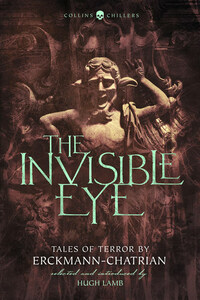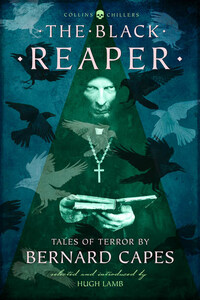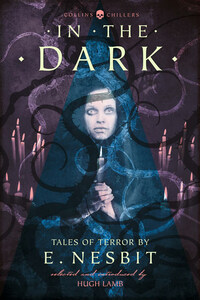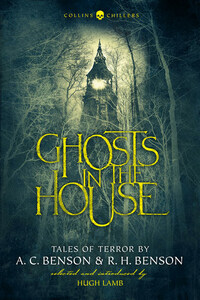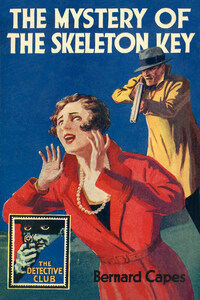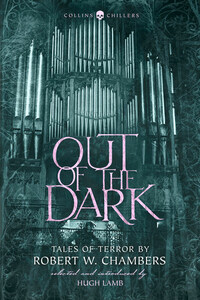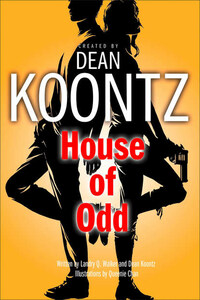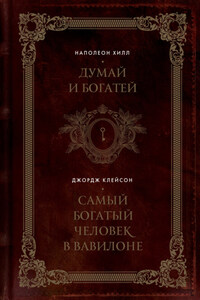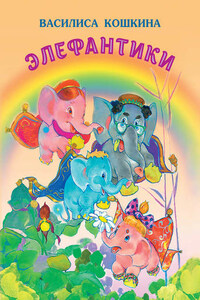HarperCollinsPublishers
1 London Bridge Street
London SE1 9GF
www.harpercollins.co.uk
Collins Chillers edition published 2018
First published in Canada by Ash-Tree Press 2002
Selection, introduction and notes © Hugh Lamb 2018
Cover design by Mike Topping © HarperCollinsPublishers Ltd 2018
Cover photographs © Shutterstock.com
A catalogue copy of this book is available from the British Library.
This novel is entirely a work of fiction. The names, characters and incidents portrayed in it are the work of the author’s imagination. Any resemblance to actual persons, living or dead, events or localities is entirely coincidental.
All rights reserved under International and Pan-American Copyright Conventions. By payment of the required fees, you have been granted the non-exclusive, non-transferable right to access and read the text of this e-book on screen. No part of this text may be reproduced, transmitted, down-loaded, decompiled, reverse engineered, or stored in or introduced into any information storage and retrieval system, in any form or by any means, whether electronic or mechanical, now known or hereinafter invented, without the express written permission of HarperCollins.
Source ISBN: 9780008265380
Ebook Edition © October 2018 ISBN: 9780008265397
Version: 2018-09-06
It is still uncommon to find the names of Erckmann–Chatrian in studies of Continental literature, a sad reflection on the obscurity suffered by these fine writers for more than a century.
While their main writing efforts – military history and fiction – are now unread and unavailable, their tales of terror have managed to survive in part, even seeing a revival in the early 1970s. The Invisible Eye – the first collection of their stories in Britain since 1981 – will, I hope, introduce more readers to their masterful talent for the macabre.
Emile Erckmann (b. 20 May 1822) and Louis Alexandre Chatrian (b. 18 December 1826) were both natives of Alsace–Lorraine, the border region for so long a bone of contention between France and Germany. Erckmann was born in Phalsbourg, the son of a bookseller, and it is possible that his being surrounded by books from an early age did much to inspire him to his own imaginative works. Chatrian was born in Soldatenthal, the son of a glass-blower. He did not follow his father’s trade, instead becoming a teacher at Phalsbourg college.
It was here that Erckmann met Chatrian, while the former was studying law (a profession he never followed), and the two hit it off very well. It seems that Erckmann was the more literary and imaginative of the two, while Chatrian was of a much more practical and energetic mind. Their writing style seems to have been adapted to this difference between them, with Erckmann writing and Chatrian revising (a working system which was later to produce the most awful trouble).
They started writing together almost immediately, and had the distinction of seeing one of their first efforts, a play on the invasion of Alsace in 1814, banned in 1848 because of its effects on the volatile state of public opinion in the province at the time. They did manage to publish Histoires et Contes Fantastique in 1849, two years after their writing partnership commenced. It was ironic that the first work by the dynamic duo should so neatly sum up their writing career and later obscurity. It was an awful failure, and must have made them wonder if it was all worth the effort. They fared so badly in those early years that, by all accounts, they nearly starved. Thoroughly discouraged, Erckmann resumed his legal studies, and Chatrian took a job in the Eastern Railway Company in France.
It took some time, but they finally cracked the market in 1859 with their novel The Illustrious Doctor Matheus. Four years later, they struck the vein that was to bring them national renown with Madame Therese, a novel about Alsace at the time of the French revolution. They specialised in French history, particularly of the Napoleonic era; a time still alive in the memories of older French citizens, who supplied them with much detail. The books flowed out: Waterloo (1865), La Guerre (1866), Le Blocus (1867), Histoire d’un Paysan (1868) – the list was impressive.
As well as military fiction, they tried their hand at drama, and one result was the interesting Le Juif Polonais, published in English in 1871 as The Polish Jew. This was high drama on the psychological decline of a murderer. It became the stage play The Bells, and gave Sir Henry Irving his most celebrated role. Oddly, it also gave Boris Karloff one of his first horror film roles (five years before
